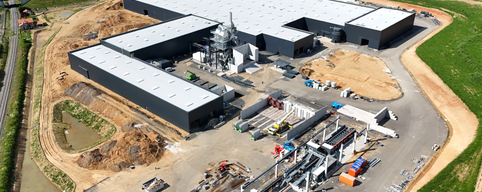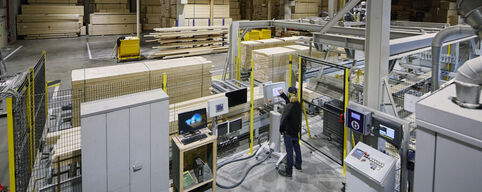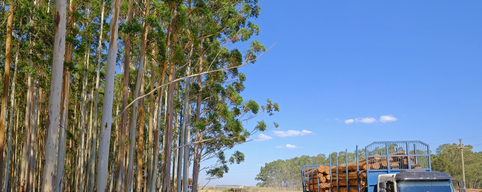

Over the years, France has recognized the need to reassess its energy priorities in the context of the global climate crisis. This reassessment has impacted a long-standing practice: the use of wood heating in French households. Once celebrated for its ecological character, wood heating is now being questioned because of its significant environmental impact.
The image of wood heating as a green alternative has been tarnished by recent discoveries. In March 2025, it was found that this practice contributes to 41% of national fine particle emissions, an alarming figure for a country committed to reducing its air pollution. This statistic was a significant trigger for rethinking the role of wood heating in the French energy mix.
In addition to particle emissions, forestry is also under pressure. To meet the growing demand for firewood, many hectares of forest are destroyed every year, disrupting ecosystems and reducing biodiversity. These factors have prompted the government to introduce stricter regulations on the use of this ancient energy source.
However, this transition is not without friction. Wood heating not only represents an important part of France's energy heritage, but is also deeply rooted in the culture and daily life of many households. The challenge is therefore to move to new methods without alienating well-established traditions.
In order to meet these challenges, technical innovations have begun to emerge. New forms of cleaner and more efficient heating technologies are being developed, offering the French viable alternatives. These include heat pumps, geothermal heating systems, and improved performance of solar thermal systems.
Furthermore, the future could see the emergence of an unexpected raw material that would play a crucial role in this transition. Some studies point to the use of non-woody biomass, such as agricultural residues or green waste, which, if properly treated, could replace wood as an environmentally friendly heat source.
This movement towards alternatives would mark a historic turning point in France's energy practices, allowing the country to reduce its ecological footprint while preserving its cultural traditions. The challenge is ambitious, but with continuous research and development, it is possible to achieve this delicate balance between respecting the environment and maintaining customs.



